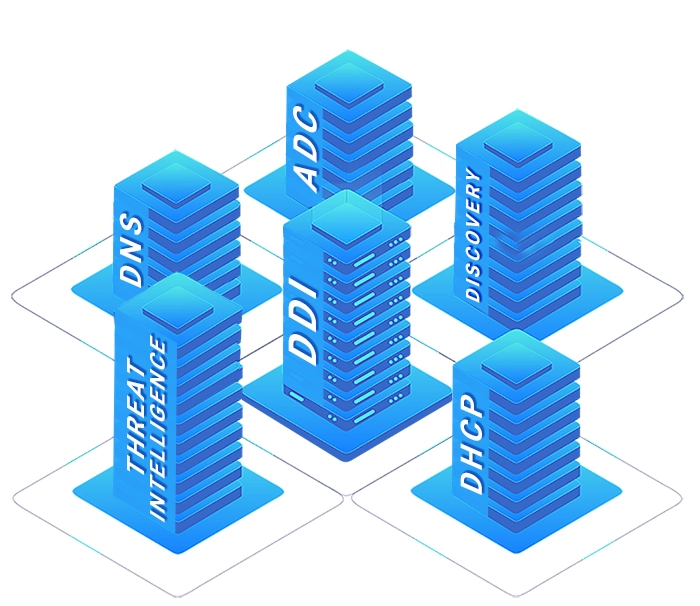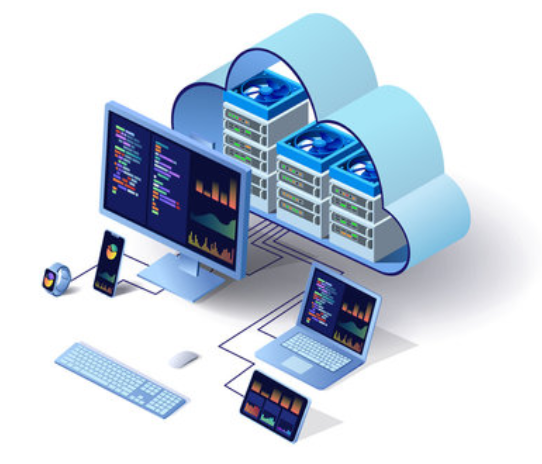Experience seamless DNS management with TCPWave, the
intelligent DNS Remote appliance that is controlled and managed by
our DDI controller. With embedded intelligence, our DNS Remote
ensures that mission-critical DNS services are always available to
enterprise applications and end-users with a 99.9999% SLA. The remote
DNS appliance uses a secure messaging conduit for all communication
and requires no local configurations from the DDI administrator.
Instead, configuration data is automatically downloaded from our DDI
controller, dramatically simplifying large-scale deployment of DNS
remotes in an enterprise. Additionally, our DDI controller
effectively monitors, manages the firmware and BIOS functionalities
of our DNS remotes.
The TCPWave DNS Remote can be configured as physical appliances in
data centers or virtual appliances in private or public clouds.
Hidden masters can be configured to serve public Internet-facing
providers such as Akamai, Azure, Cloudflare, Route 53, Neustar, and more. If an
enterprise does not want an on-premise hidden DNS master, our IPAM
can manage external DNS providers using northbound REST API calls.
Our DNS Remote also self-monitors and reports key performance
indicators to the DDI controller. These metrics are leveraged to
render graphs and check if any monitoring thresholds are breached on
the DDI controller, ensuring compliance. Additionally, the DDI
controller centrally patches the remotes and transmits dynamic DNS
updates using a secure encrypted channel that uses TCP over SSL. This
feature prevents DNS data from getting corrupted by man-in-the-middle
attacks.










